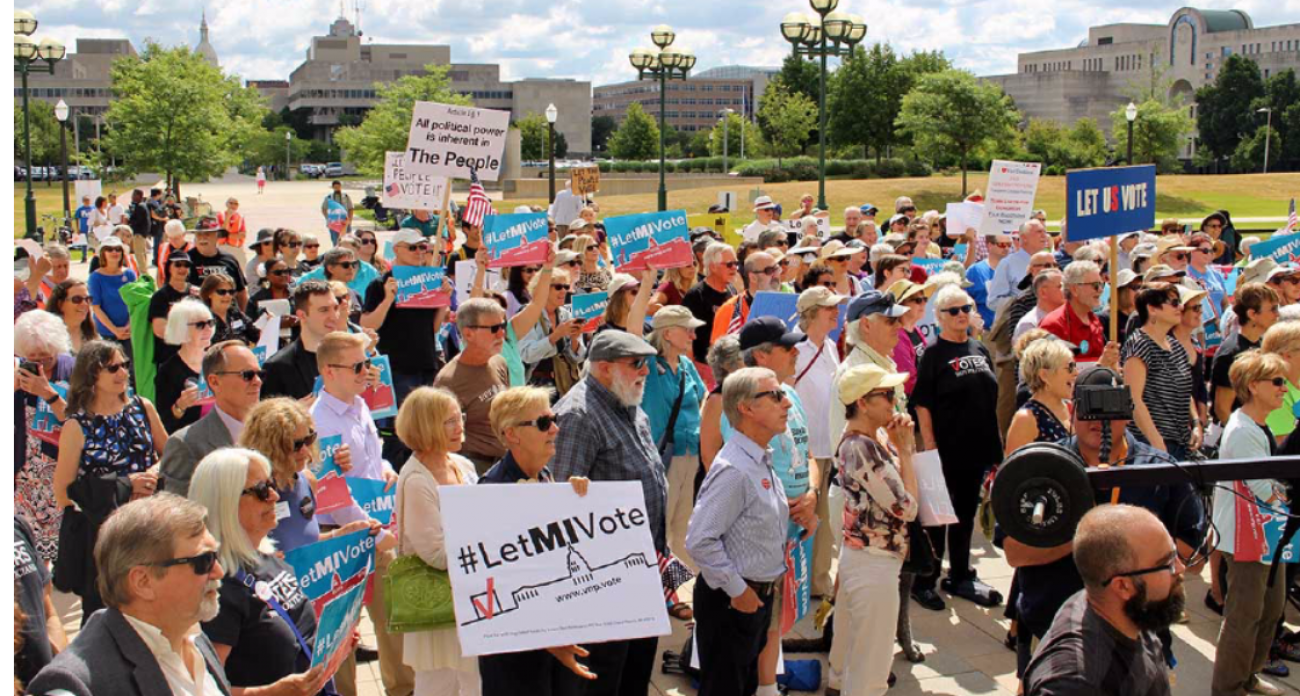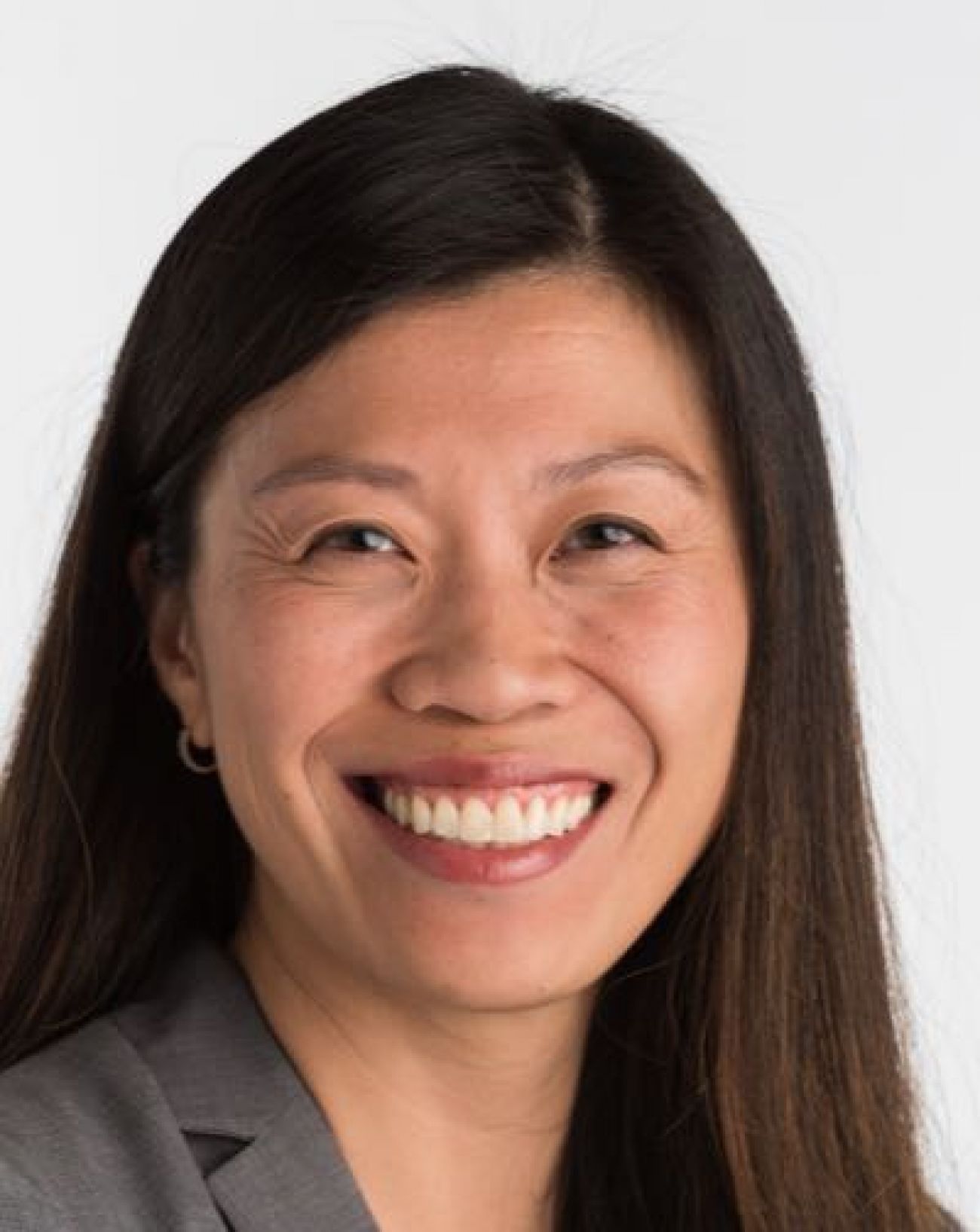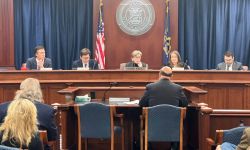Pool of 200 selected for new Michigan commission to end gerrymandering

Michigan officials on Wednesday drew a semifinalist pool of 200 applicants for the state’s first redistricting commission, marking one of the first steps in a new system designed to take the politics out of setting political districts.
The pool was drawn from more than 9,300 who applied to be part of the commission. Democratic and Republican leaders in the Michigan House and Senate will remove up to 20 applicants before another random drawing selects the final 13 members of the commission in August.
- Court denies Republicans’ bid to halt Michigan’s redistricting commission
- Thousands want to draw Michigan’s political districts. Most are white men.
- Beyond term limits: 5 ‘good government’ ideas eyed by Michigan reformers
Those commissioners will use the 2020 Census and public input to draw voting district lines that will be used in Michigan until 2030.
In the past, Michigan’s district lines were drawn every 10 years by the majority party in the state Legislature. For the last two redistricting cycles, that was Republicans, and a court ruled last year that Michigan’s lines were illegally gerrymandered.
Voters in 2018 approved a constitutional ballot measure to adopt the independent panel, a move that boosters said would improve the fairness and competitiveness of voting districts.
Nancy Wang, executive director of the Voters Not Politicians group that spearheaded the ballot measure, said in a statement Wednesday that she is “thrilled” to see the commission begin to take shape.

“The random selection process was a cornerstone of our efforts to prevent politicians from gaming the independent commission,” she said.
The pool of 200 applicants was drawn using a statistically weighted formula, as the state constitution requires, to reflect the demographic and geographic makeup of the state based on Census data.
For example, of the 9,326 people who applied, a disproportionate amount were male, older than 55 and from southeast Michigan (not including Wayne County, which had its own category due to its uniquely high population). The program weighted those categories to make it less likely that any one person with those characteristics would be selected in the random drawing.
The final pool includes 78 percent of people who identify as white, 13 percent as Black, 4 percent as Hispanic or Latino, 3 percent as Asian, 0.5 percent as Indigenous and 4 percent as two or more races.
Stephen Blann, a consultant with the Saginaw-based Rehmann firm that drew the pool using a program coded into Microsoft Excel, said “there was a lot of back and forth” in building the formula to determine what’s close enough to the state’s demographics. Blann and the Department of State decided to build a formula that would accept a pool that’s within 5 percent of the state’s demographics for all categories except race, which has a 3 percent requirement so it’s closer to the true makeup.
The cities with the most members in the pool are Detroit (nine), Grand Rapids (eight), and Rochester Hills, Lansing and Midland (four each). The median age is 51.
The final redistricting commission, which will include four Republicans, four Democrats and five people who are unaffiliated with either major political party, will not be selected using a weighted method like that used for semifinalists.
The constitution requires the final draw to be completely random.
See what new members are saying about why they donated to Bridge Michigan:
- “In order for this information to be accurate and unbiased it must be underwritten by its readers, not by special interests.” - Larry S.
- “Not many other media sources report on the topics Bridge does.” - Susan B.
- “Your journalism is outstanding and rare these days.” - Mark S.
If you want to ensure the future of nonpartisan, nonprofit Michigan journalism, please become a member today. You, too, will be asked why you donated and maybe we'll feature your quote next time!




